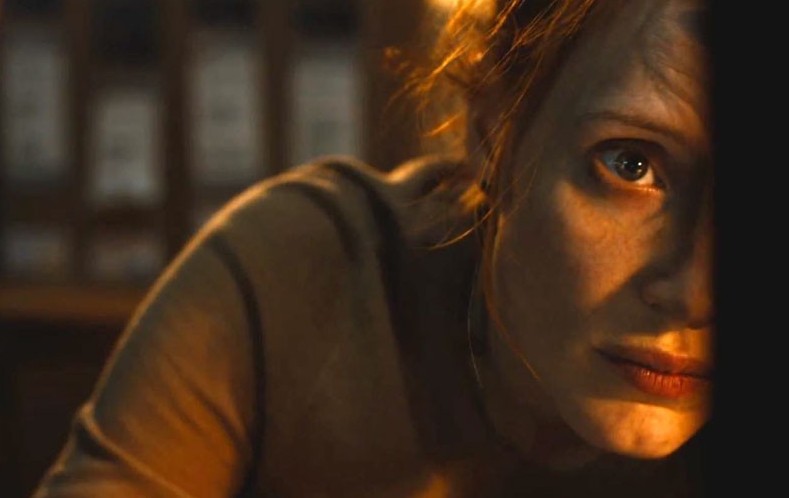A gloss over of Kathryn Bigelow’s “Zero Dark-Thirty” resembles war movies of past, but underneath it is a well-constructed, re-education of the American Action Flick viewer. Such as near the climax, where silhouettes of Pakistani citizens encroach on two Navy S.E.A.L.’s. One orders the second to “tell them to get back,” while the other, notably ‘not-white’ S.E.A.L. translates through a megaphone.
“Tell them to get back--or I’ll handle it,” the first repeats. The camera pans across the numerous, darkened crowds of Pakistanis, who could be wielding anything from pipes to 2x4s. A shaky, amateur-esque close-up of the second S.E.A.L.’s darting eyes and sweated brows. The early hours of the morning yield no light until we gaze through the night-vision of the first SEAL, assessing the “unknowns” gathering around the complex they themselves had just infiltrated.
Finally, dropping the megaphone, the second soldier shouts, in English “go back, or they will kill you.”
The crowds stop.
No swarms of Pakistanis like Somalis rush downed helicopter pilots, with stones and sticks. Instead, they are citizens gathered, concerned about the gunshots heard in their neighborhood. No gunning down of barbarous brown people by a single righteous white soldier.
Mark Boal’s screenplay is full of moments like these, deftly defying traditional action axioms at the moment we expect things to play out differently. Controversially so, remaining neutral on the topic of torture. When a detained Ammar (Reda Kateb), shoulders spread, arms tied to the ceiling, forced to expose himself in front of newly introduced, up-and-coming intelligence agent, Maya (Jessica Chastain), begs for help, she responds with “only you can help yourself by telling the truth” and a stare.
Boal and Bigelow both torture an audience in a manner not far from the dog-collaring, waterboarding, noise bombardment, and shaming inflicted upon Ammar by Dan (Jason Clark) and Maya for the first 20 minutes of the film.
There isn’t an honorific nature to Maya, the female lead played calmly by Chastain who avoids becoming the Strong Female Lead. In a male-dominated cast, Chastain stands out as the “motherfucker that found him” and the one “left alive for a purpose” without being preachy, but dedicated; not anxious, but addicted to the hunt she started “right out of high school.”
And Maya never quits the habit, instead asking if the viewer can in this invasive, cinematic lesson any film-goer should be shamed into seeing.




No comments:
Post a Comment